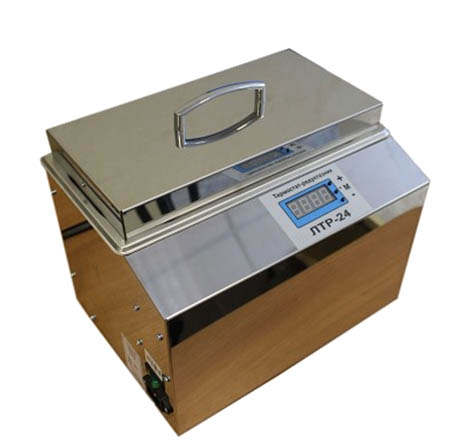The World Bank offered Russia a new anti-poverty program Russia

The Russian government has set a target to reduce the country's poverty rate to 6.6% by 2030, but under current conditions, this goal "remains elusive," according to the World Bank (WB). This goal is unlikely to be achieved without reforming the system of assistance to the poor, or at least without a significant acceleration of economic growth, Apurva Sangi, the World Bank's chief economist for Russia, told reporters.
The current Russian system of social assistance is expensive, but not effective enough, according to the regular (semi-annual) report of the World Bank on the Russian economy, presented on May 26. In particular, it is indicated there that assistance to the poor is not a priority for the Russian state, judging by the fact that the poor before the pandemic received only 10% of payments as part of all social assistance. The Institute has proposed a new national program to combat poverty in Russia, which will be more economical and more effective.
“Many of the World Bank's proposals are already being put into practice. In particular, the expansion of the contingent of recipients of assistance, the introduction of a comprehensive need assessment, the differentiation of the amounts of payments for individual support measures, the establishment of uniform rules for the provision of support, ”the press service of the Ministry of Labor and Social Protection told RBC. When asked if the WB had discussed its ideas with the Russian authorities, the representative of the international institute answered the journalists: “We publish everything that can be made public. Let our private communications remain private.”
Rolling social payments have reduced poverty in Russia to a minimum since 2014 Economics
At the end of 2020, the poverty rate was 12.1% (17.8 million people below the official poverty line), Rosstat reported. In 2020, the impact of the pandemic was mitigated by compensatory social support measures, which even helped to reduce the poverty rate from 12.3% in 2019. In 2021, the poverty rate could fall to 11.4%, based on the "cumulative effect of economic growth and changes in social support measures (assuming the full and targeted implementation of the new announced measures)", the WB expects. The organization expects Russia's GDP to grow by 3.2% in 2021, according to its baseline forecast.




























































